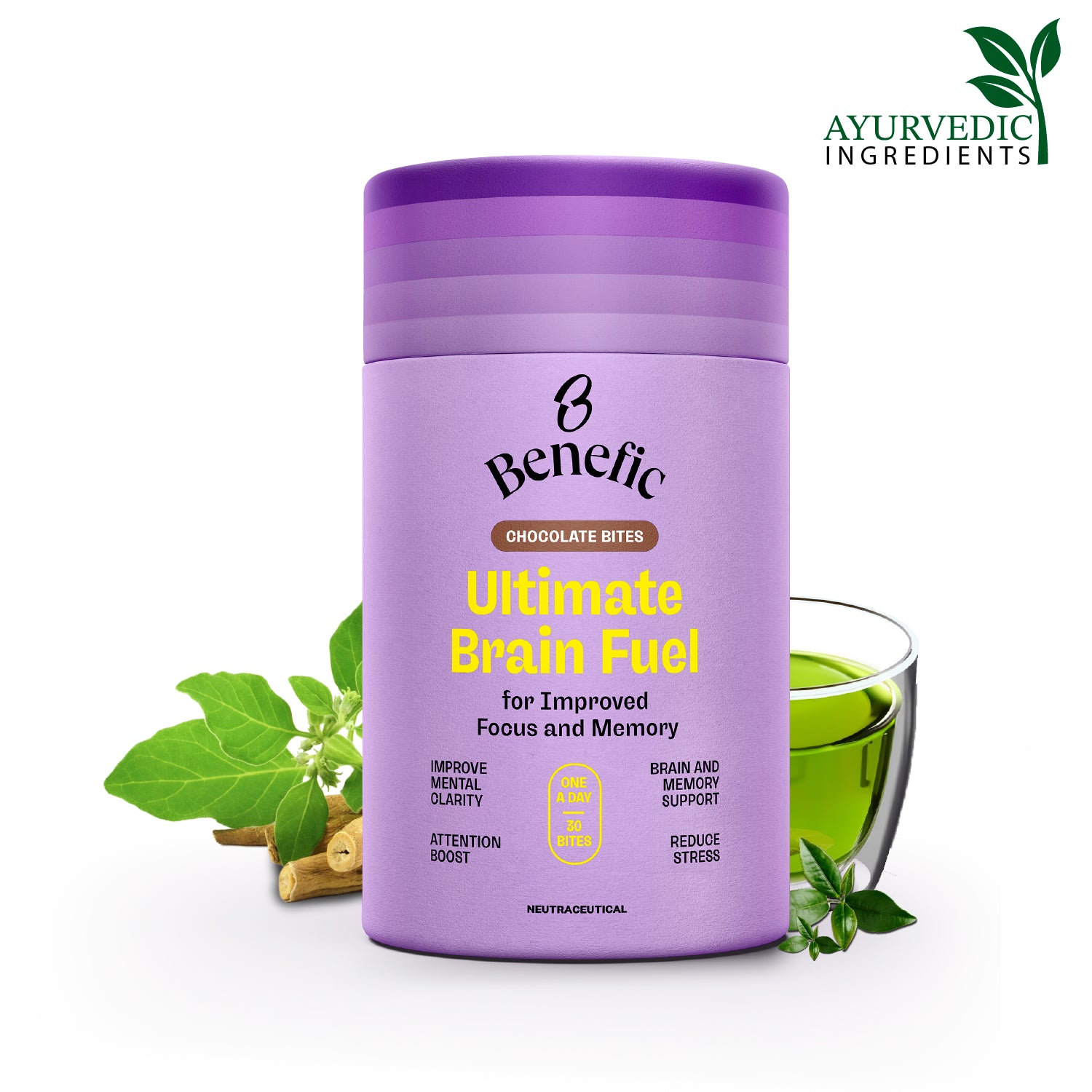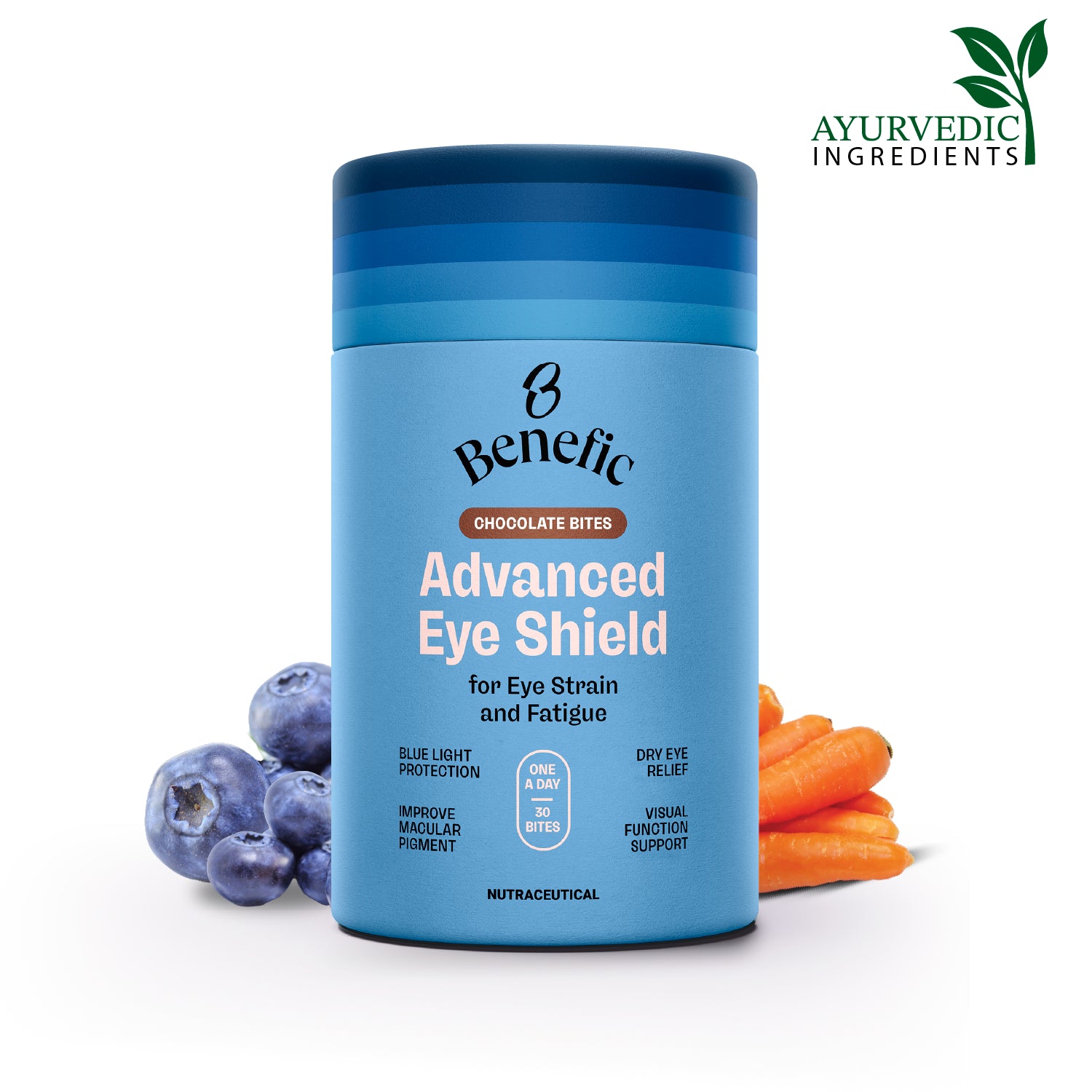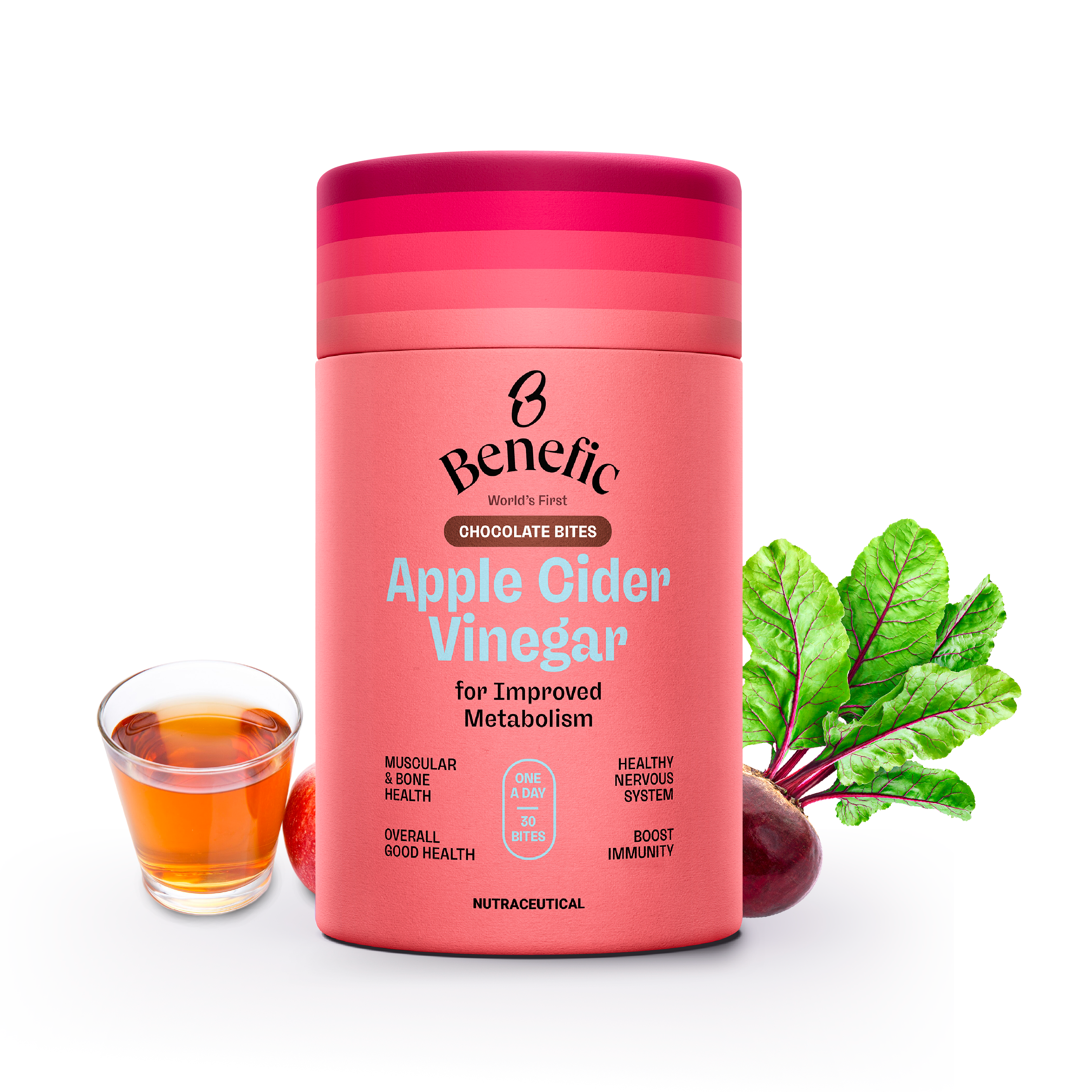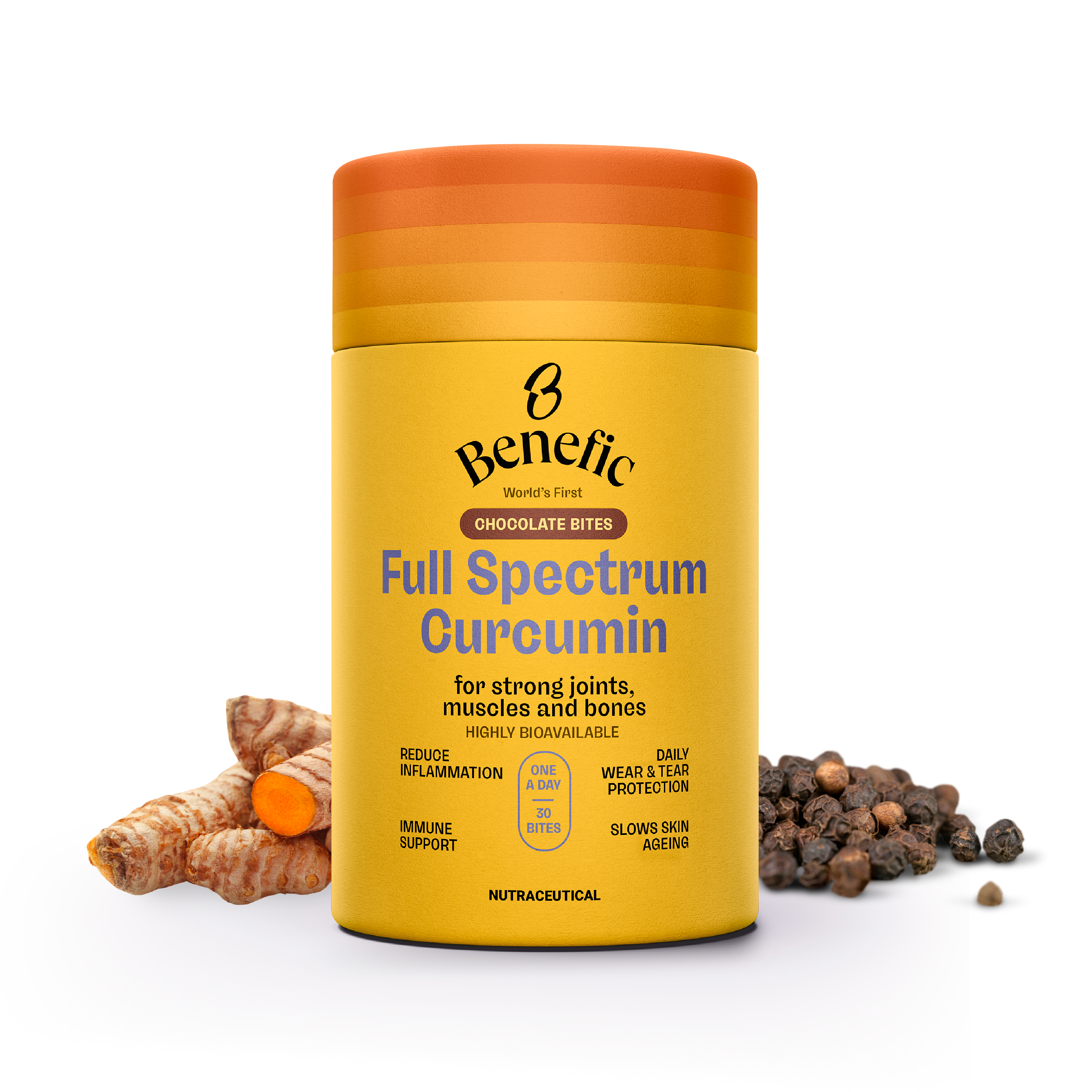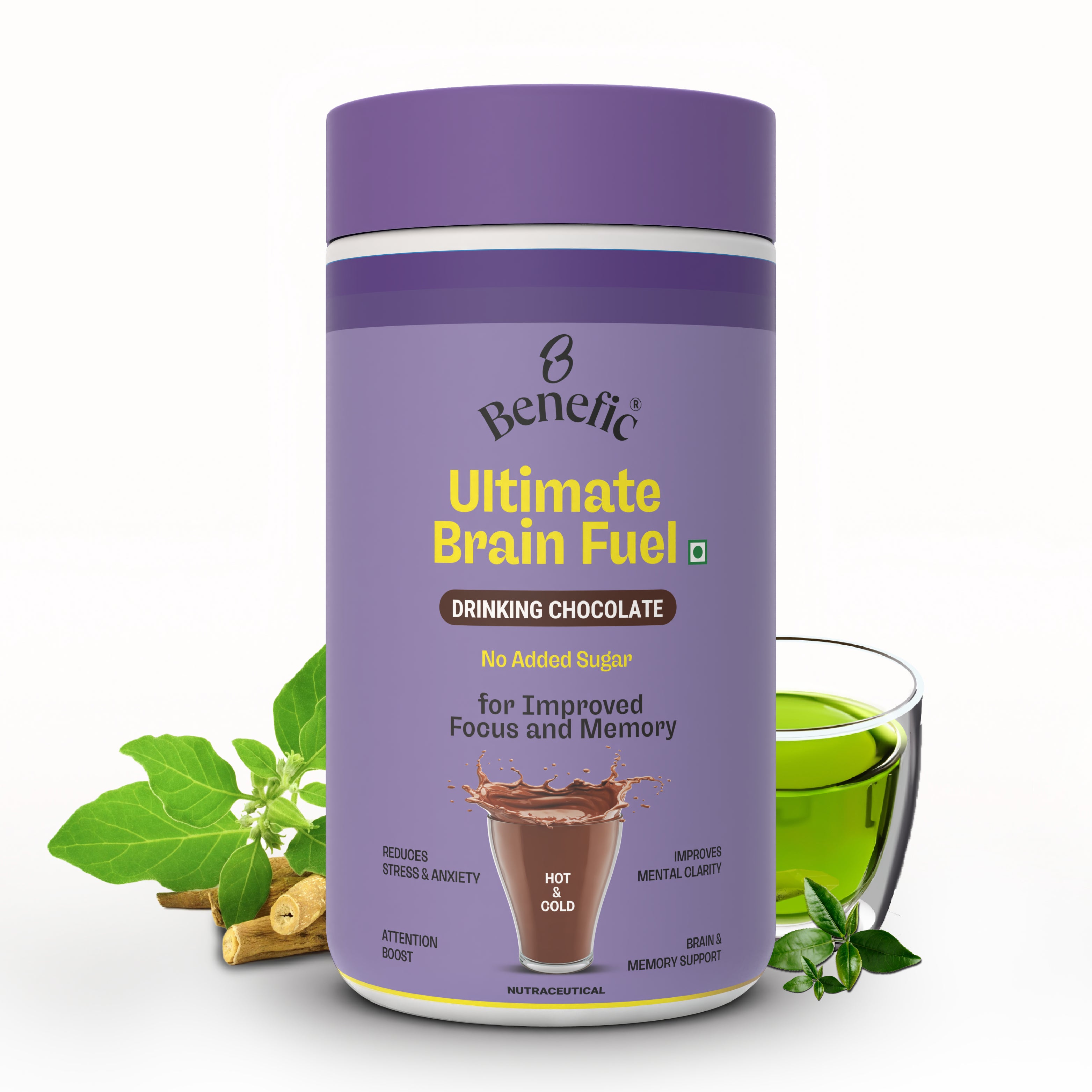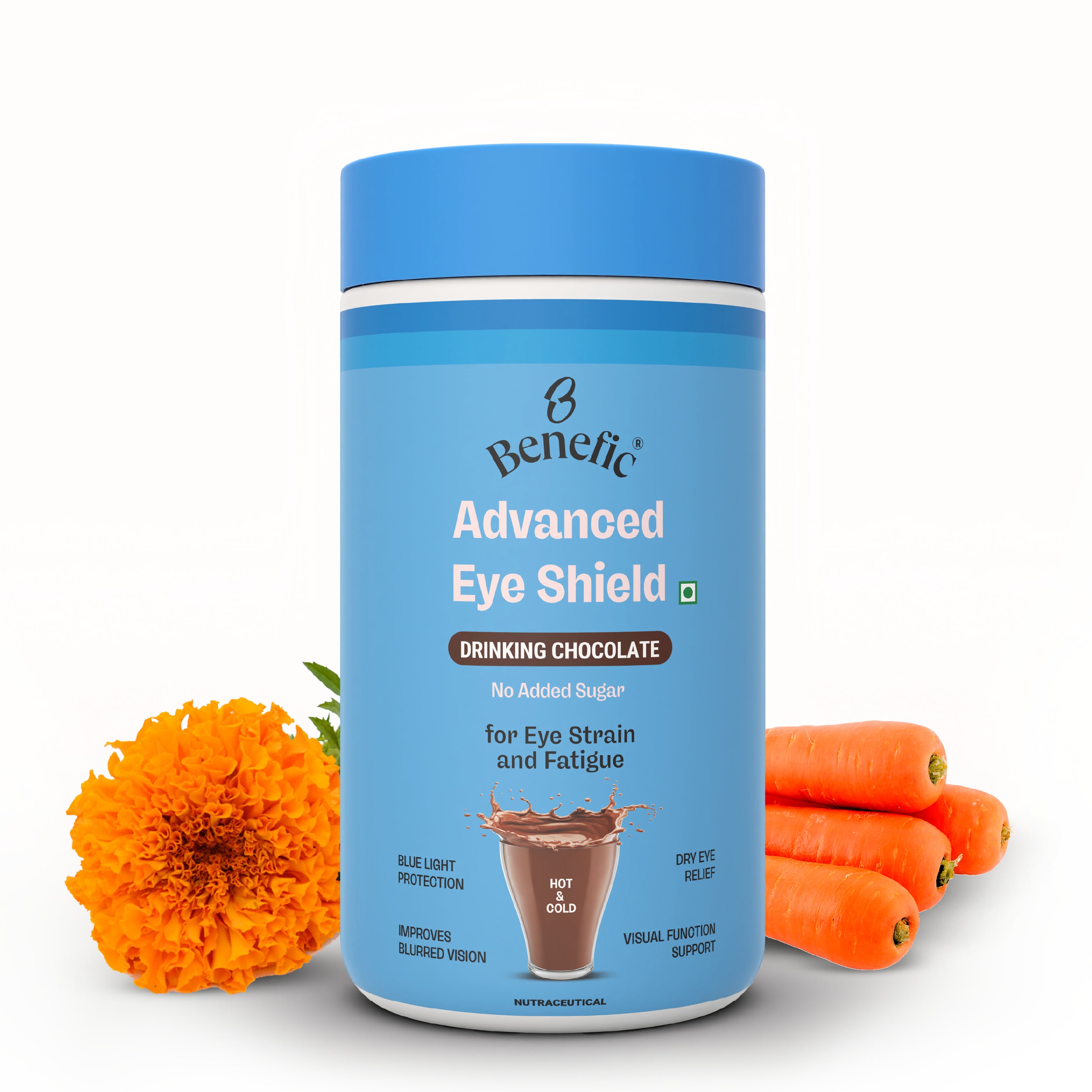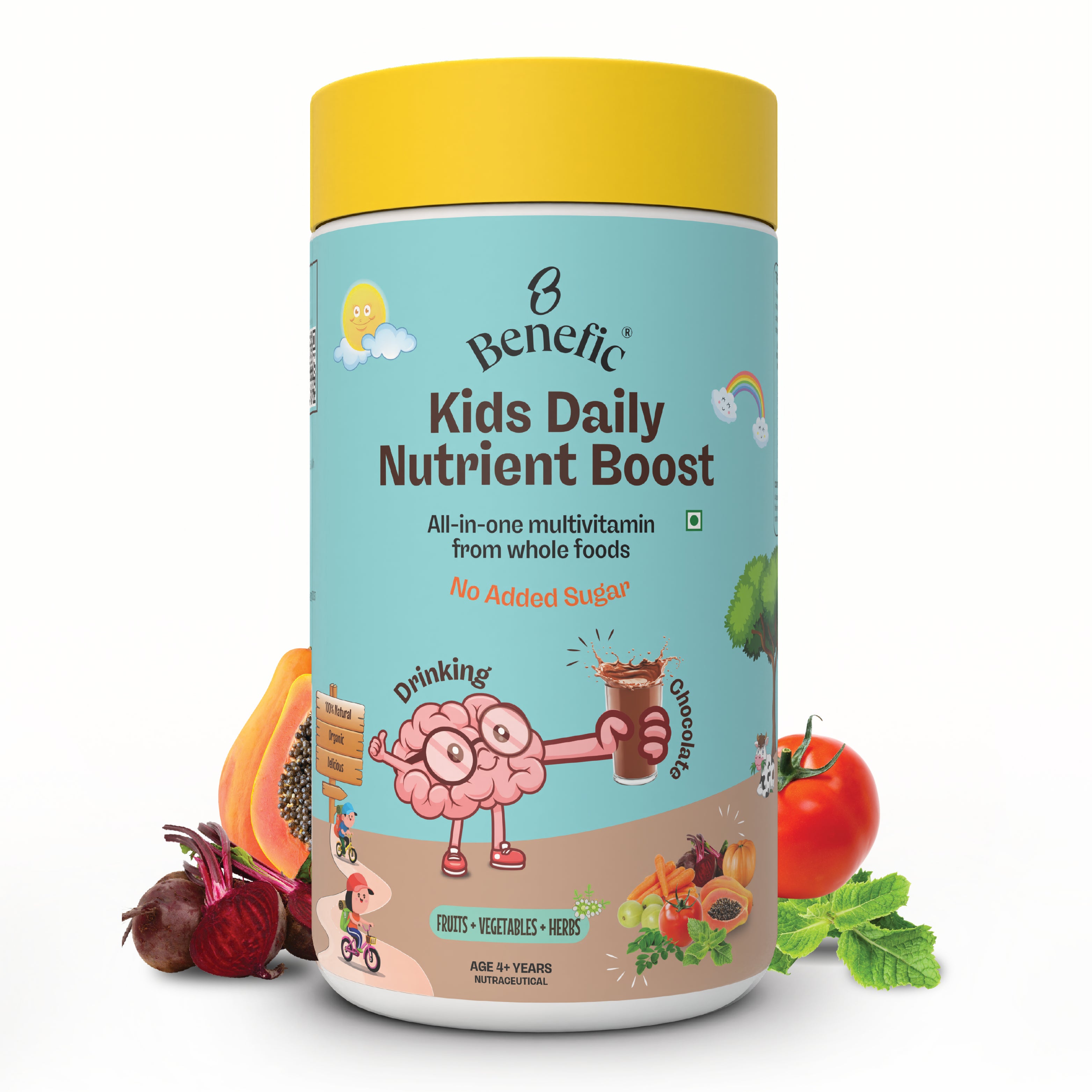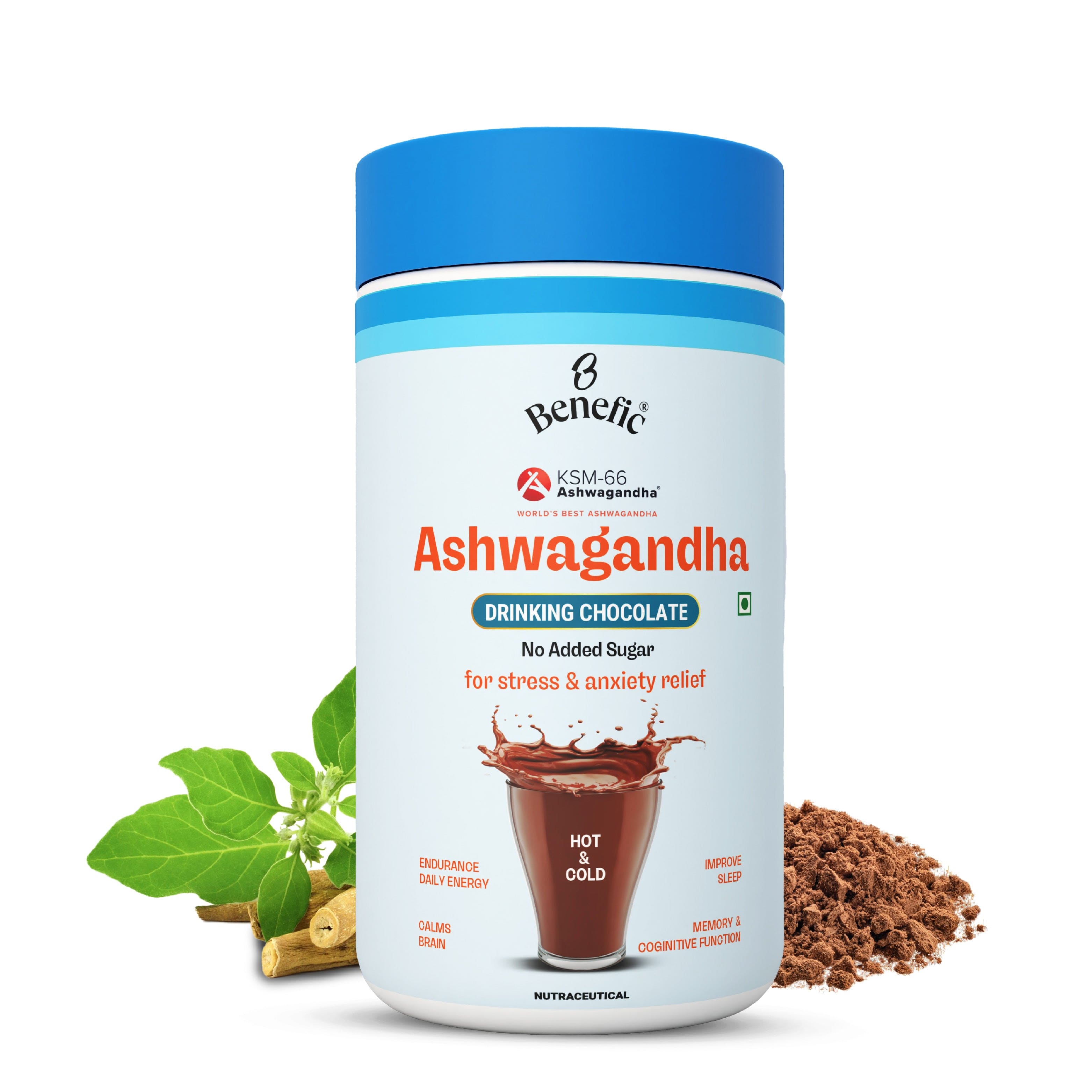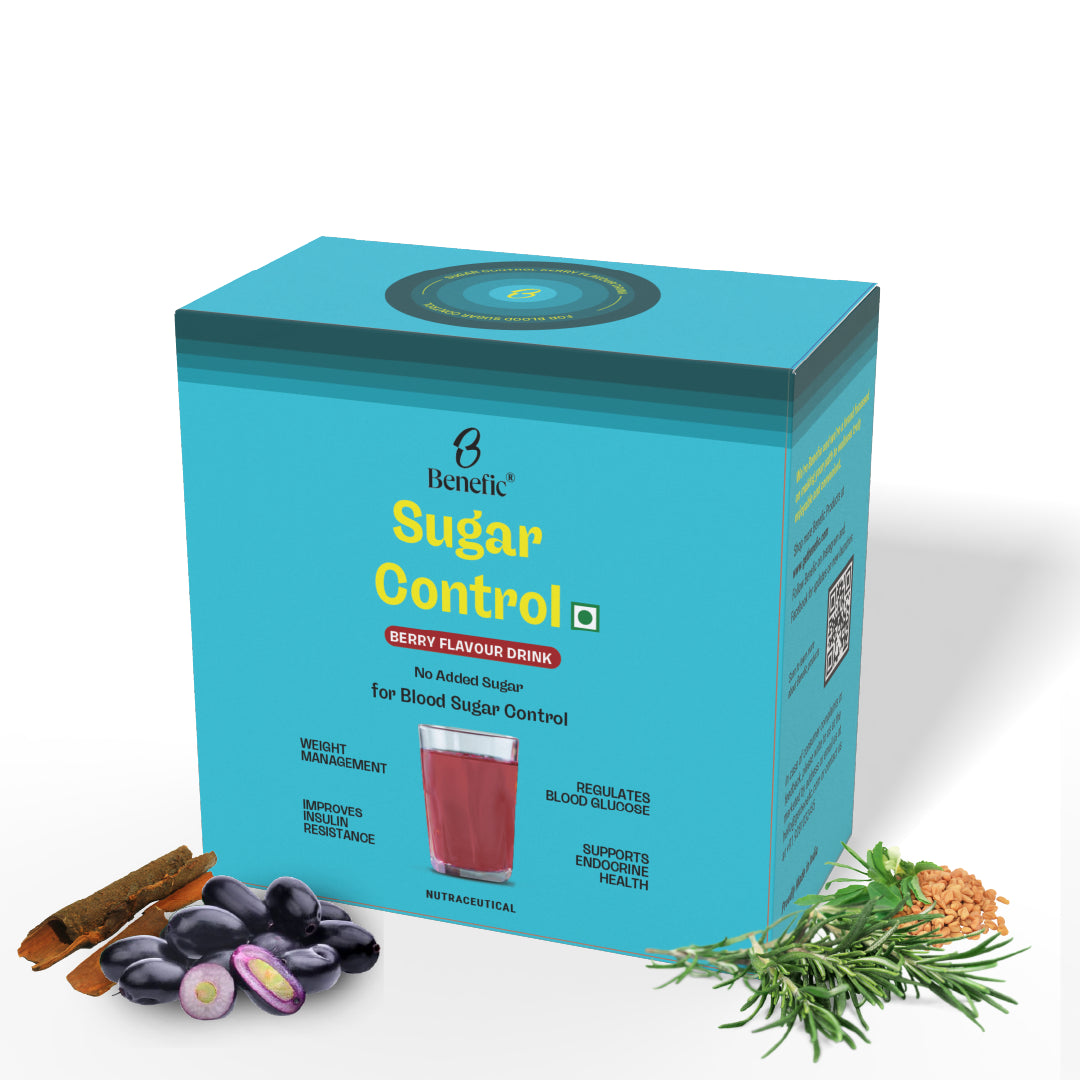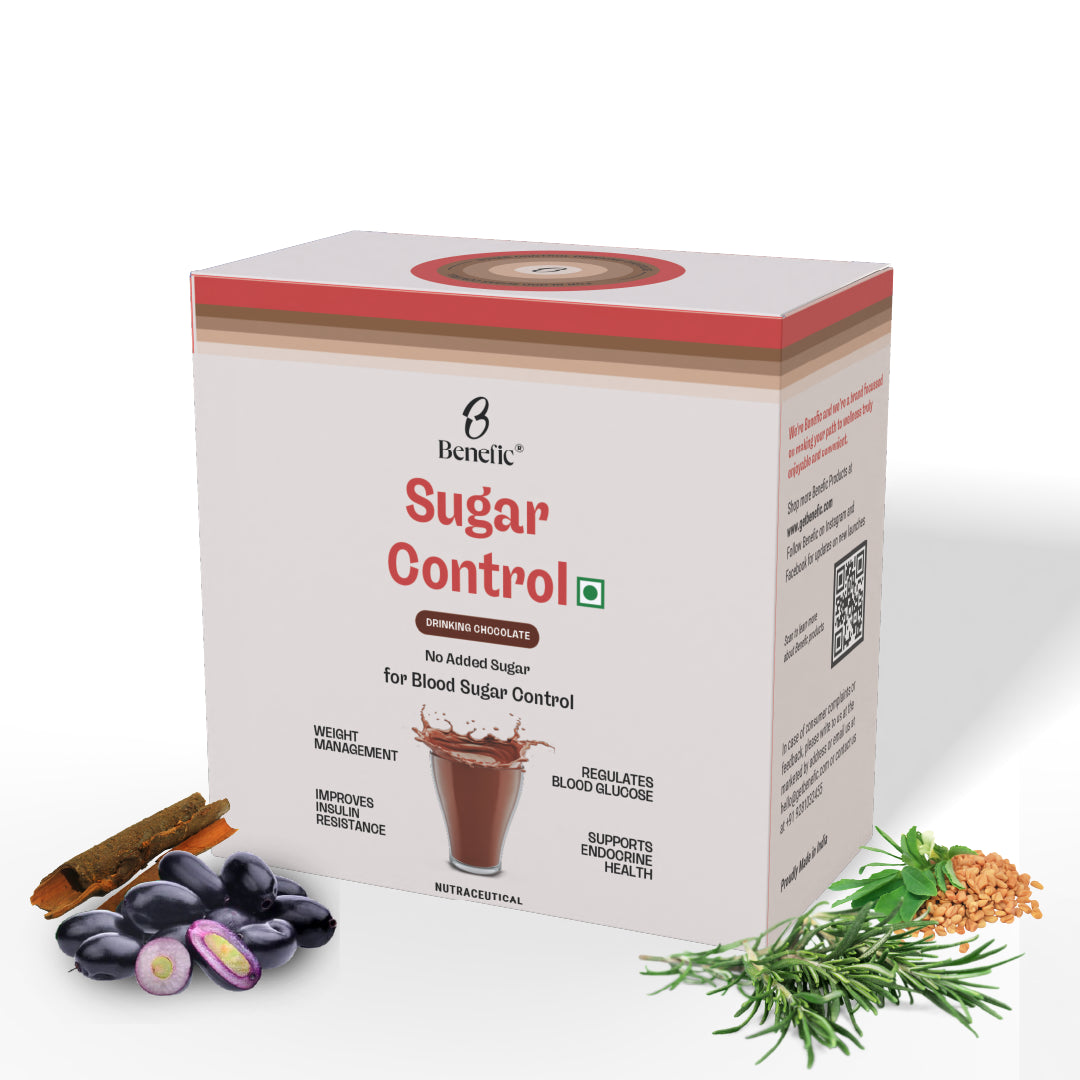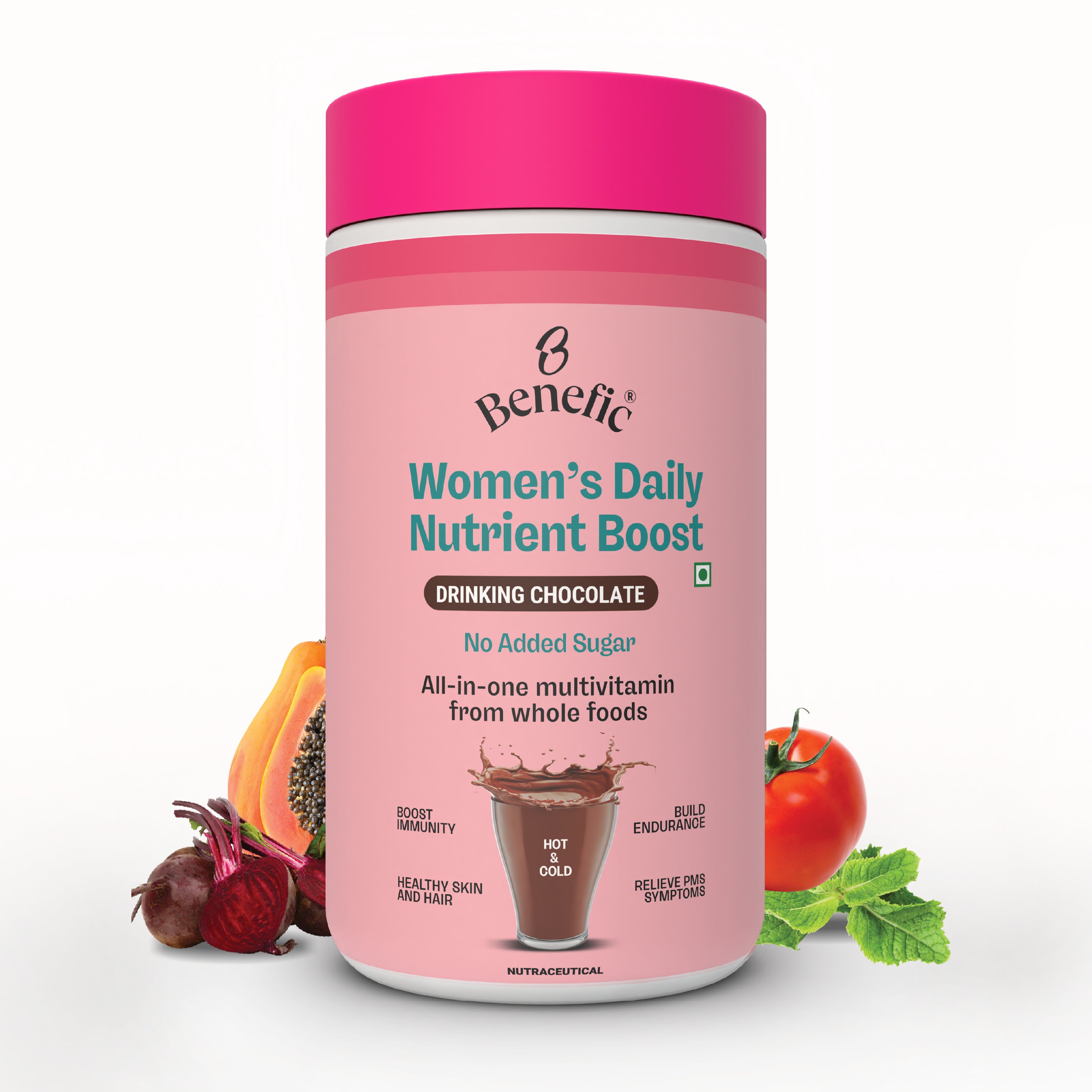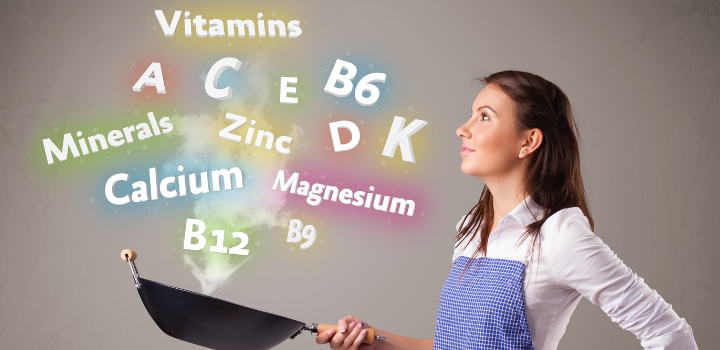The mention of nutrient deficiencies brings images of developing nations. But a typical diet of even developed and advanced countries can also have significant nutritional gaps. Certain nutrients may be lacking in the general population depending on eating habits and lifestyle.
Consistent consumption of a healthy diet is usually good enough to supply the body with the necessary vital nutrients. Still, some people may need a higher amount of certain nutrients depending on their age and overall health.
1. Iron
Iron deficiency is one of the most prevalent nutrient deficiencies across the world, affecting more than 25% of people. It may cause anemia, fatigue, dizziness, moodiness, impaired brain function, and a weakened immune system. According to the WHO, iron deficiency and anemia affect 42% of children under 15 years of age and 40% of pregnant women worldwide.
Iron plays a crucial role in making red blood cells, which carry oxygen. In the absence of iron, fewer red blood cells can be made, which could cause anemia. The iron levels could get very low because of bleeding, heavy menstruation or other problems, such as ulcers.
Men need about 8 mg of iron per day, and women aged 19-50 need about 18 mg per day. This quantity goes up to 27 mg for pregnant women but drops to 10 mg during breastfeeding.
If you are a vegetarian, you may need almost double the recommended quantity of iron for meat-eaters. The body does not absorb iron from vegetables as quickly as animal sources.
Some of the best dietary sources of iron are red meat, shellfish, organ meat like liver, mussels, oysters, poultry, dried fruit, whole grains, beans, pumpkin seeds, sesame seeds, squash seeds, dark and leafy vegetables like broccoli, kale and spinach. Consuming vitamin C rich foods alongside iron-rich foods could help maximize iron absorption.
2. Iodine
Iodine deficiency affects nearly a third of the world's population. Iodine may cause enlargement of the thyroid gland. Low iodine most commonly leads to hypothyroidism. Unregulated iodine could cause mental retardation and developmental abnormalities in young children, weight gain, and pregnancy issues.
Healthy adults need around 150 micrograms (mcg) of iodine per day. Pregnant women generally need about 50% more iodine than healthy adults. Infants need roughly 110-130 mcg a day until they are 12 months. After 8 years of age, the recommended levels go down to 90 mcg per day. Kids aged between 9 to 13 years need about 120 mcg per day.
Dietary sources of iodine include seaweed, cod, milk, shrimp, yoghurt, eggs, cheese and iodized salt.
3. Vitamin A
Vitamin A deficiency affects one-third of children and mothers worldwide, as per the WHO. It is prevalent in many developing countries. Vitamin A deficiency can cause eye damage, blindness and suppress immunity against infectious diseases. Vitamin A is also essential for healthy teeth, bones and skin.
There are two different types of vitamin A from dietary sources.
Pre-formed vitamin A: As the name suggests, this type of Vitamin A is readily available for absorption. Animal sources like fish, meat, poultry, eggs, liver and dairy are good sources.
Pro-vitamin A: Vegetables and fruits have this kind of vitamin A, a precursor form like beta carotene. They have to be converted into the active form of vitamin A, retinol. Foods rich in beta-carotene include green leafy vegetables, carrots, and cantaloupe.
One of the best sources of vitamin A is cod liver oil. Cod liver oil has a good balance of vitamin A and vitamin D.
4. Vitamin D
Long term deficiency of vitamin D can cause osteoporosis, cancer and muscle weakness. The elderly with high melatonin concentrations are at a higher risk of developing this vitamin deficiency.
Vitamin D is needed for building and maintaining healthy bones as the body can absorb calcium only when vitamin D is present. Vitamin D also helps reduce inflammation improve immune function and glucose metabolism.
The best source of vitamin D is natural sunlight, especially sunlight exposure during early mornings and evenings. Dietary sources of vitamin D include salmon, tuna, fatty fish like trout, cod liver oils, eggs, cheese, and fortified foods.
The recommended Vitamin D intake is a daily intake of 1,000–4,000 IU (25–100 mcg) to maintain blood optimal Vitamin D levels.
5. Zinc
Zinc plays a crucial role in creating DNA, growing cells, building proteins, healing damaged tissue, and supporting the healthy immune system. Zinc is especially needed during rapid growth stages like pregnancy, childhood, and adolescence. Your body has no specialized zinc storage system hence daily zinc intake is a must.
The Recommended Dietary Allowance (RDA) for adults aged above 19 years is 11 mg a day for men and 8 mg for women. Pregnant women need slightly more at 11 mg.
The bioavailability of zinc from vegetarian foods is significantly less than from non-vegetarian diets. Vegetarians may need 50% more zinc than the RDA.
Good dietary sources of zinc include grains, milk, yoghurt, cheese, lean meat, oysters, red meat, poultry, eggs, seafood, peas, lentils, chickpeas, and nuts.
6. Vitamin B12
Some studies have estimated that around 80% of adults may be deficient in vitamin B12. Few other studies indicate that more than 20% of older adults are deficient in vitamin B12 as absorption decreases with age. Vegetarians are particularly at a higher risk of vitamin B12 deficiency as it is mainly found in sufficient quantities in animal food sources only.
Good dietary sources of vitamin B12 include fish, eggs, poultry, shellfish, organ meats, milk, fortified and nutritional yeast. The RDA of vitamin B12 in adults is 2.4 mcg/day.
7. Magnesium
Magnesium is a crucial mineral required for bone and tooth structure and also needed for the functioning of over 300 enzyme reactions. It is estimated that around 57% of the US population does not meet the US RDA for dietary intake of magnesium.
In many cases, deficiency may be under diagnosed until your levels become severely low. Magnesium deficiency could also result from gastrointestinal or kidney-related issues. People with magnesium deficiency could experience muscle cramps, osteoporosis, fatigue, migraines, irregular heart rhythm, and restless leg syndrome.
The dietary sources of magnesium include whole grain, oats, almonds, dark chocolate, green leafy vegetables like broccoli and spinach.
The recommended daily dose for magnesium for healthy adults is 310–420 mg, depending on age and gender.
8. Vitamin C
Vitamin C is essential to form collagen in bones, form blood vessels, and build cartilage muscle. It also helps in the absorption and storing of iron.
Severe vitamin C deficiency can cause anemia, gum disease, skin issues, weak immune system and slow wound healing. People with smoking habits, chronic alcohol consumption, and kidney disease on dialysis are at a higher risk of vitamin C deficiency.
The RDA for vitamin C is 90 mg for adult men and 75 mg for adult women. For pregnant and breastfeeding women, it is 85-120 mg. Children are recommended to take 15-75 mg depending on the age.
Citrus fruits, tomatoes, spinach, broccoli, cabbage, peppers, kiwi fruit, and berries are excellent sources of vitamin C.
9. Folate or vitamin B9
Folate deficiency is mostly in pregnant women, and it plays a crucial role in fetal development and creating red blood cells. Folate is naturally found in foods, but folic acid is artificially made.
The recommended daily amount of folate for adults is 400 mcg. Pregnant women should take 400 to 1000 mcg of folic acid a day.
Green leafy vegetables like broccoli, spinach, lettuce, lentils, beans, peas, citrus fruits, bananas and melons are folate-rich foods.
10. Calcium
Calcium is a crucial mineral to build and maintain strong bones for the entire life. Also, the heart, muscles, and nerves need this mineral to function optimally.
Calcium deficiency could lead to children not reaching the full potential of their adult height, and adults could have a risk of osteoporosis.
The maximum daily recommended dose for calcium is 2,500 mg a day for adults. But for those aged above 51 years, the upper limit is 2,000 mg per day.
Calcium-rich foods include milk, broccoli, yoghurt, kale, cheese, tofu, sardines, salmon, fruits and fruit juices.
Takeaway Points
Many suffer from different kinds of nutritional deficiencies due to changes in lifestyle and food habits. Consuming a balanced diet rich in vegetables, fruits, healthy fats, whole grains, and fiber could correct most deficiencies. Taking vitamin and mineral supplements can also help.
Benefic Nutrition has developed tasty nutritional supplements in chocolate format to make your supplementation journey simple and convenient. Try Benefic Supplements today and start your journey to eliminate your nutritional deficiencies.



